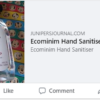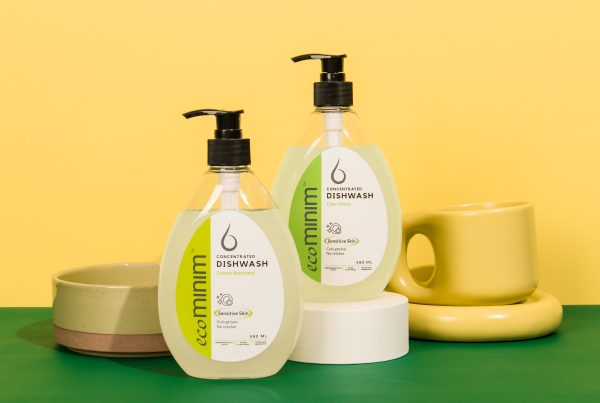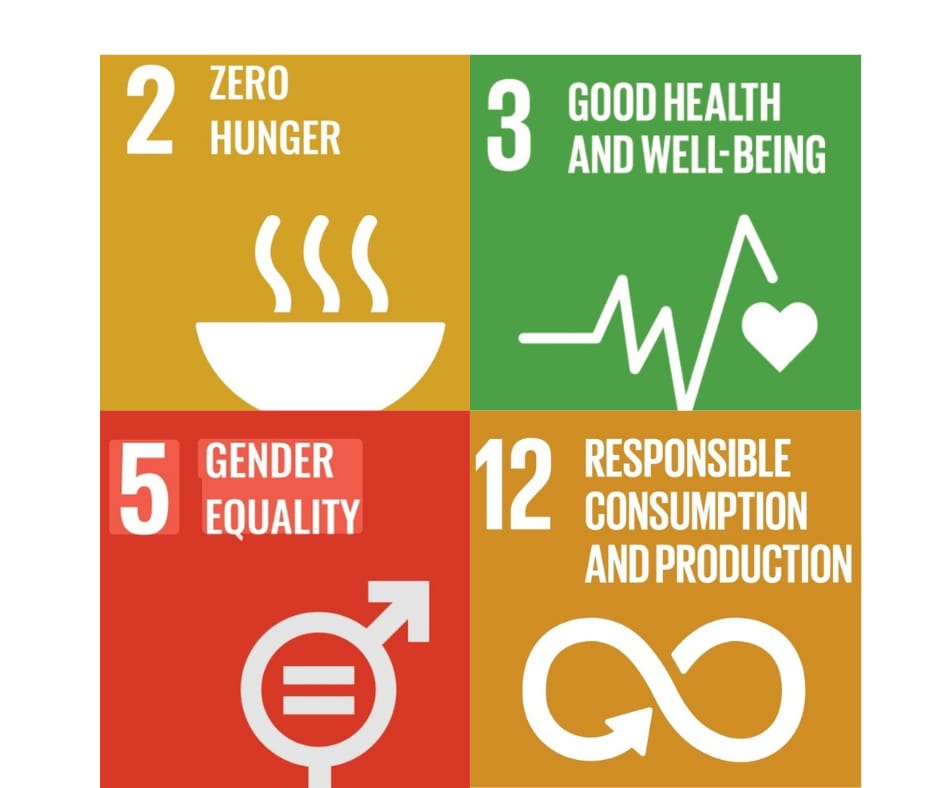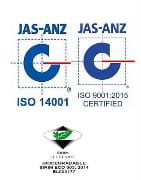Since Covid-19 striked, the perspective of cleanliness has shifted as well. Cleaning is no longer about stains or dirt, it includes the unseen as well; virus, germs, bacteria, you name it. The increase in awareness about the importance of cleaning and disinfecting, hence there has been a spike in demand for household cleaning products, like disinfecting sprays, antibacterial detergent, and multi-surface cleaners, just to name a few. All this talk about cleaning products then leads back to the question: is this clean enough?
You see, there are a few general myths and misconceptions about cleaning products that have been perceived as normal. For example, more foam means better cleaning efficacy, using more cleaning products means better cleaning performance, or the idea of having things “smelling clean” means effective cleaning. Are you an avid believer of any one of the listed? Then, this article is for you *wink*.
#1: The Bubble Myth

Loving those bubbles? Well, I don’t blame you. There is just something very aesthetically pleasing about foams and bubbles.
But the truth is, foam does little to nothing to help with your cleaning. The main characters to your cleaning products are actually the surfactants. Surfactants are the active ingredients that reduce water surface tension, penetrate through the water molecules and dissolve the “dirt” on the surface that is being cleaned. And yes, the rubbing motion creates bubbles when you are cleaning, but the foams are not the one doing the work. In fact, more foam only makes it more difficult to be rinsed off! Foams are also commonly formed by surfactant SLES/SLS which are known to be carcinogenic due to the 1, 4-dioxane; a compound that pose as a skin allergen and pollutant.
Truth to be told, naturally-derived surfactants in even the best ecofriendly detergents tend not to foam as much as their chemical counterparts, hence they are perceived to be less effective than the latter, which is not true. Naturally-derived surfactants and plant-based surfactants tend to be gentler to skin as well, while being equally effective.
Now that you have been enlightened (I hope), it is time to switch to biodegradable detergents, that are made of naturally-derived, plant-based surfactants and give them a chance to prove themselves. And yes, it is clean enough despite less foam.
#2: The Volume Myth

“The more I use, the better it should clean”, unfortunately this statement may not be true all the time because it could be too much of a good thing.
Cleaning products often come with usage instructions with the recommended dosage, although many tend to ignore it. The recommended dosages are optimized based on the amount of active ingredients needed for each cleaning. Therefore, using too much of it may lead to ineffective cleaning instead; of which may need longer rinsing time or leave traces of chemical residues on your surfaces.
Certain products like dishwash may require longer rinsing if a higher amount of dishwash is used, even so may not guarantee that no residues are left on your plate. Products such as surface cleaners or floor cleaners may have “sticky” aftereffects if not wiped off properly. Hence, it is always wiser to just follow the recommended dosage of the respective products. It will be clean enough with the right amount of product.
#3: The Scent Myth

“Mmmmmmm that smells clean”. Uh, how do you “smell” clean….?
Many a time cleaning products come with fragrance or perfumes, to mask chemical odour as well as to give a pleasant sensory experience while cleaning. We may think lingering post-cleaning scent may be the indicator for some on how clean things are: if it smells good, it is clean. But it is NOT. It simply means there is residue of the cleaning product.
The perfume or fragrances used are more often synthetics than natural, and it may pose as an allergen or irritant to some. More often than not, the source or types of fragrance used are not listed in detail in the list of ingredients, as there are no strict regulations on this matter.
Despite that, it may be helpful to look out for products using fragrances certified by IFRA. IFRA (International Fragrance Association) is the official self-regulatory representative body of the fragrance industry worldwide and aims to ensure the safety of fragrance materials.
Likewise, if you happen to be sensitive to fragrances, opt for fragrance-free products instead.
All in all, yes, it is clean even though there is no strong lingering scent of your product.
So there you have it! Want to switch to a better alternative of cleaning products? Fret not, one such brand already debunk all these 3 myths: Ecominim®. Do check them out and hope that you will have a brand new experience changing the way you clean! Stay safe, stay clean.






